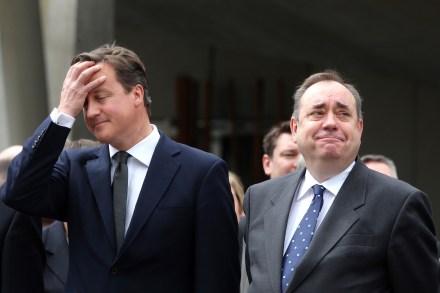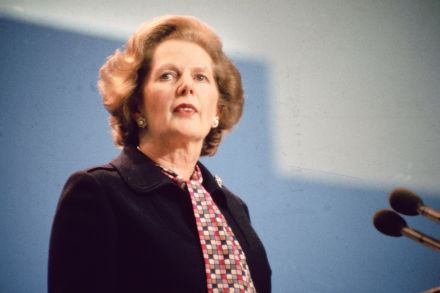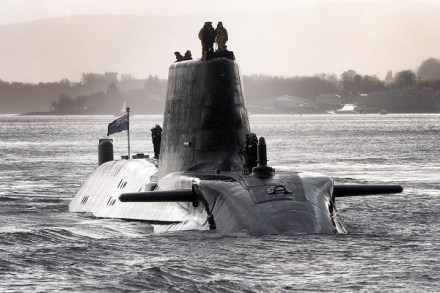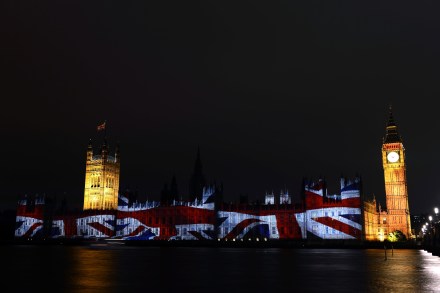Small Reshuffle in Britain; Not Many Dead
First things first: a reshuffle in which only one cabinet minister is sacked redeployed is a reshuffle in name only. It means the action – if you can call it that – is confined to the replacement of ministers of whom most of you have never heard with other MPs of whom you are most likely equally ignorant. A day of low drama in Westminster then. Secondly, ejecting Michael Moore from the Scotland Office is not, I think, a reflection on his performance. If he was an accidental Secretary of State whose elevation to the cabinet was the result of David Laws’ disgrace, Moore still carried out his duties diligently



















